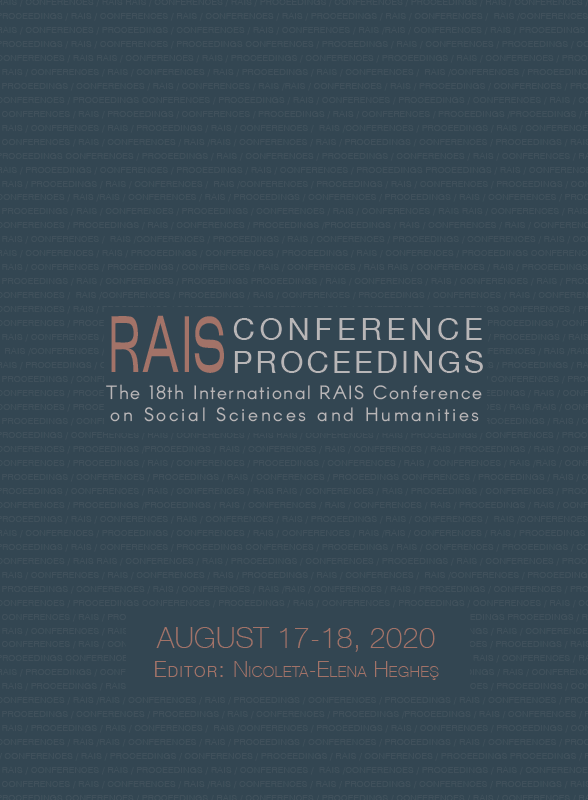The Rise of Exceptions and the Eclipse of the Elemental Principle of Most-Favoured-Nation
The Rise of Exceptions and the Eclipse of the Elemental Principle of Most-Favoured-Nation
Author(s): Shubha Ojha
Subject(s): National Economy, Nationalism Studies
Published by: Scientia Moralitas Research Institute
Keywords: Fundamentally Egalitarian; Formal Equality; Non-Discrimination;
Summary/Abstract: It is often asserted that in one respect, the World Trade Organization is in fact fundamentally egalitarian. The term ‘fundamentally egalitarian’ throws light upon the commitment of the World Trade Organization [“WTO”] to an ideal of formal equality. According to this conception all the member states are entitled to offer and receive uniform and equal treatment. The WTO evinces this commitment to formal equality through the ‘principle of Non-Discrimination’. The principle of Non-Discrimination is embodied in two elemental rules- Most-Favoured-Nation Treatment and National Treatment. As per the tenets of the Most-Favoured-Nation [“MFN”] rule, all the member states are required to refrain from treating any member states less favourably than they treat other member states. The principle is purportedly a misnomer. Though the term ‘most-favoured-nation’ suggests special treatment, in the context of the WTO, it is supposed to mean non-discrimination, that is, treating virtually everyone equally. The MFN rule had emerged as a fundamental principle of the General Agreement on Tariffs and Trade, 1947 [“GATT 1947”] but with time, multiple exceptions have come into picture that overshadow the fundamentality of this principle. This research paper ventures into the intricacies and implications of the MFN principle and analyses how the exceptions to the MFN principle have eclipsed the principle in the recent times and have ironically reduced its status from the status of a fundamental principle to that of an exception.
Book: Proceedings of the 18th International RAIS Conference on Social Sciences and Humanities
- Page Range: 133-142
- Page Count: 10
- Publication Year: 2020
- Language: English
- Content File-PDF

